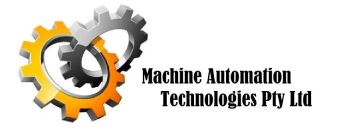Smart manufacturing is a type of factory manufacturing that uses digital information and other computerised technology to automate the supply, creation, and delivery of products, making a production line that can function with minimal human interference.
Smart manufacturing, or smart factories, is a broad definition of machine-controlled production that applies to many different businesses. It is used to address workplace inefficiencies and worker safety, as well as optimise supply chains and product security. There is no exact point where the term or concept of smart manufacturing or smart factories was created, rather it is a catch-all term for recent innovations in automation being applied to the industry.
How Smart Manufacturing Works
Smart manufacturing works by using artificial intelligence, software, machines, robotics and other hardware to automate parts of the manufacturing process and streamline mass production and product assembly. It can be referred to as the digitalisation of the manufacturing industry which has steadily been increasing since 2015.
In smart factories, machines take on hazardous or tedious roles so that a human worker has more time to focus on more vital tasks. Tasks that smart factories will automate include counting inventory in a second or using robots during the riskier parts of construction like when an employee would be exposed to possibly toxic materials.
Industry 4.0
‘Industry 4.0’, also called the ‘Fourth Industrial Revolution’, is a term most notably used by Klaus Swchabe in 2016 that refers to the revolutionising of industrial supply and production. The term is synonymous with smart manufacturing and is used as a buzzword to describe automated industries and the use of smart technologies like AI in manufacturing.
The Technology of Smart Manufacturing
Smart Manufacturing can be defined by the multiple forms of newer tools and technologies that help a factory run smoothly without heavy human intervention. Each technology has an exact purpose and will reduce human error and speed up a process or daily task in a factory exponentially, especially when it comes to managing information.
The following are some of the technologies commonly used to automate factories and apply smart manufacturing principles:
RFID
Radio Frequency Identification, or RFID, is a technology that uses wireless radio waves in order to track and monitor a factory’s products and other objects. RFID can also be used to identify which driver is delivering which product.
RFID is used in smart factories for precise product management and the ability to immediately take inventory stock, severely cutting down work hours and the margin for human error, and ensuring product safety.
PLC
A Programmable Logic Controller, or PLC, is a type of computer that has been modified to be more suitable for a manufacturing environment, and they are used in factories to control and monitor automated equipment. PLC’s can come in all shapes and sizes. They work by controlling devices inputted into them according to their programmed logic.
A PLC is commonly added to a smart factory as a replacement to old relay-based control systems, because a PLC can automate and monitor many different systems, is easy to use and program, is reliable, tough, versatile, and come in a wide range of models.
MRP
Material Requirements Planning, or MRP, is a computer software system used to effectively manage factory inventory. It is a type of enterprise resource planning system. MRP’s also retain information like some materials’ possible expiration dates, stock availability and when a delivery date may be coming up.
MPR’s are used in smart manufacturing to calculate the materials and pieces needed in order to create a product, it is also used to increase general efficiency by defining what needs to be produced for a manufacturing plant, how much needs to be produced and when it needs to be produced by, preventing over or underordering or stock or materials and letting a factory see their exact production costs.
MES
A Manufacturing Execution System, or MES, is a computer software that documents and monitors the process of turning a factory’s goods from raw materials into a finished product. It is another type of enterprise resource planning system.
MES are used in smart factories to help with the actual, on-the-floor manufacturing. An MES helps a factory to identify possible issues, inefficient workspaces and optimise production by performing an in-depth documentation of several different elements of the manufacturing process, such as workers, machines, and inputs.
Why Use Smart Manufacturing
Smart manufacturing and the technologies it uses can guarantee a safer, more efficient, and more secure workplace with the right tech in the right place. The following are the benefits of using Smart Manufacturing:
- Safer Workplaces: With less need for humans to be near dangerous machinery due to automation, workers won’t have to handle the potentially dangerous jobs that could expose them to sharp, toxic, or otherwise harmful materials, as well as keep them away from dangerous machinery that commonly cause injuries or amputations.
- More Efficient Production: With the proper automation, daily tasks and other time consuming chores will be quickly and precisely done by machines, giving employee’s time to do more important work and greatly increasing the rate of production.
Guarantee Against Product Theft: With the amount of smart manufacturing software that tracks and monitors every part of the production cycle and the products they create, it is incredibly tricky for anyone to steal or take anything from the factory without some kind of trace attached to it.

